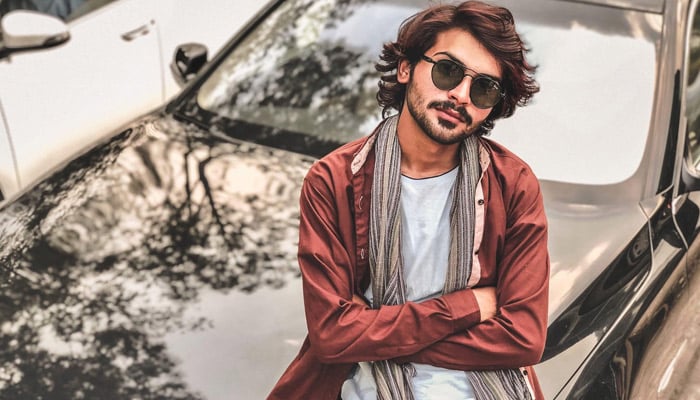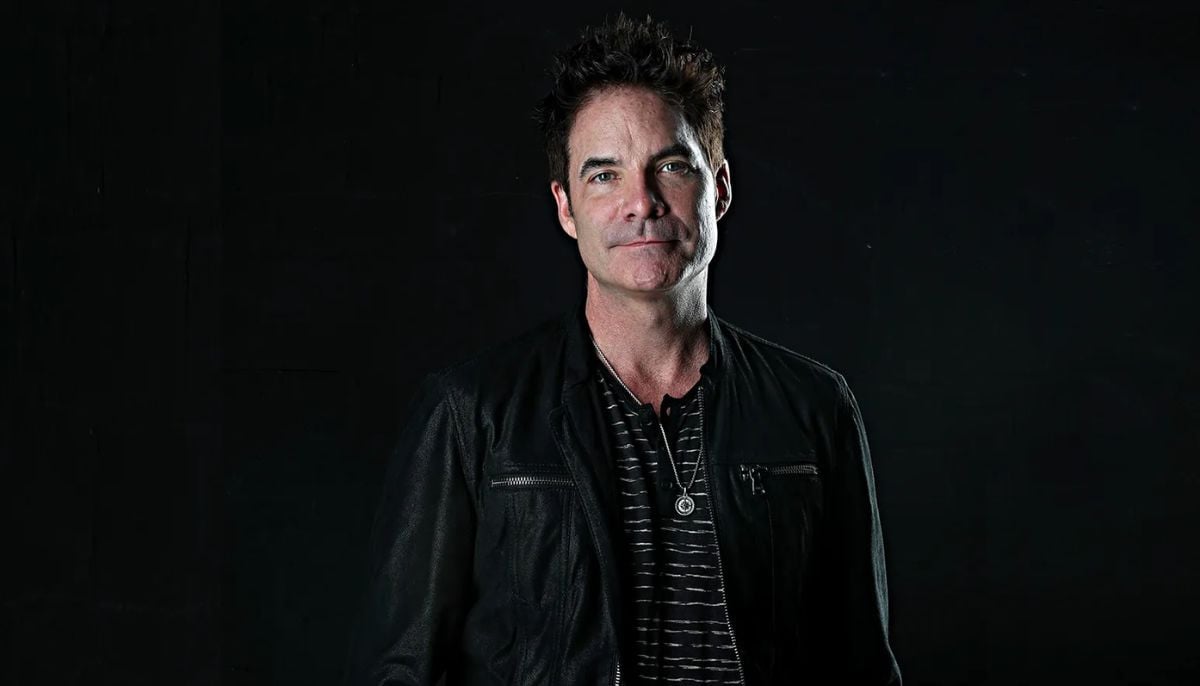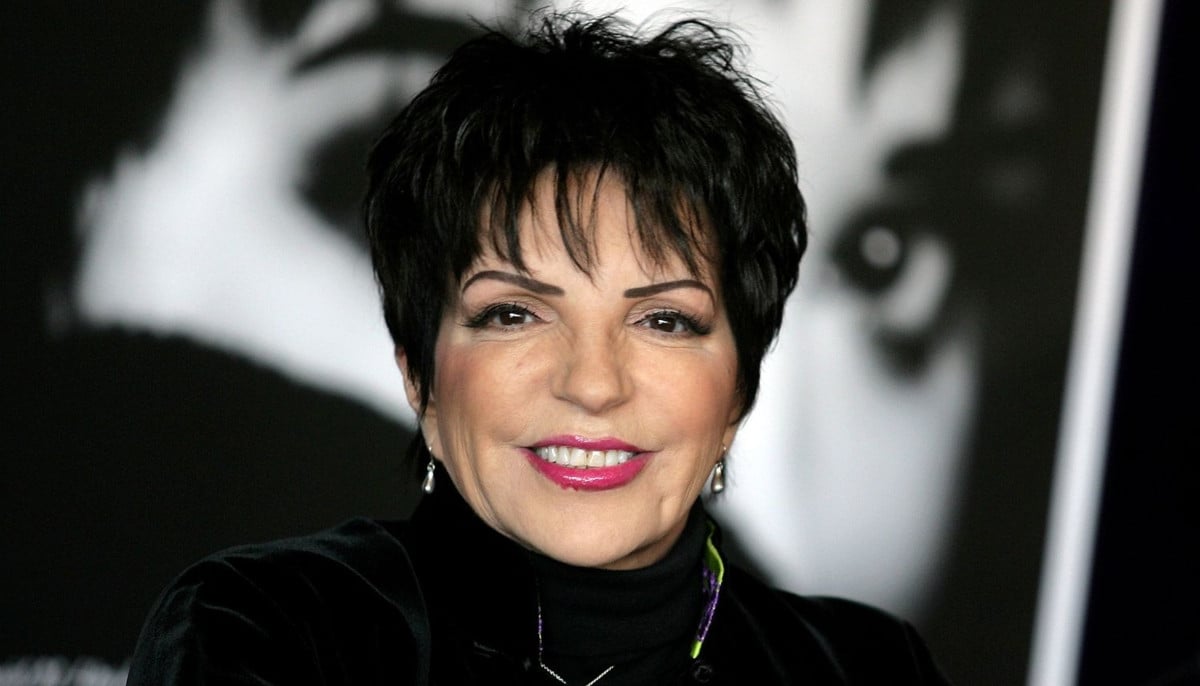Usman Malik: Picking his rhythm between melodies and monologues
Malik’s musical breakthrough wasn’t stroke of luck, but hard-earned denouement of perseverance and pluck
Usman Malik, the voice behind soul-warming tracks like Chidiya and Ranjhna, is a Jekyll and Hyde of creativity — only here, both sides are tender, talented, and tuned to beauty.
When the day is up and about, you'll find him cramming his lines on sets before making a bold statement with this lifelike acting. Then at night, he transforms into a chord-strumming and song-writing rock star — his second nature. And choosing one passion over the other isn't in his plans anytime soon, according to him.
"And honestly?" he says. "I am not choosing between them."
Malik’s musical breakthrough wasn’t a stroke of luck, but a hard-earned denouement of perseverance and pluck. From humble beginnings, came his phenomenal rise.
He got off to a pretty basic start. Very small. With little more than a mic, a computer, and a head full of ideas bouncing around his man cave. That’s actually where tremendous tunes like Mil Jao, Jisam and Ranjhna were born – you know, those slow, lo-fi sounds layered with emotion, often recorded well into the night after those long days on set.
“It’s a common myth that anyone in showbiz can slide into music, as if it’s just another line to deliver,” he says. “But it’s not the same. Music is raw. It’s vulnerable. It’s not about charm; it’s about truth. And if you don’t come from a musical background, it’s hard to be heard.”
Honestly, Malik just can’t quit music, even with a mountain of scripts and endless days on set. Dude’ll be in the middle of filming, lines flying, and suddenly — bam!— a lyric hits him outta nowhere. Then there are those brutal 14-hour shoots: most people would crawl into bed, but not him. He’ll roll in, half-dead, then pick up his guitar and chase whatever melody’s haunting him. Sleep? Forget it. He’s not getting any until that tune’s out of his head and into the world.
There’s a quiet confidence in how he builds his songs. Take the titles, for instance. Simple, one-word names in Urdu: Chidiya, Ranjhna, Jisam. Each one carries a weight. A story. A feeling.
“I want the word to hit an emotion right away,” he explains. “If someone hears Chidiya, I want them to think of my song. That’s the kind of emotional branding I’m after. Clean, intentional, and rooted in feeling.”
While some might know him more for his acting in Heer Maan Ja or 22 Qadam, Malik is now looking ahead to the music scene. He’s already in talks for collaborations with some of the industry’s biggest names. But even with that, he insists the music has to stay honest.
“I’ve always imagined my songs being simple — both in sound and in how they look. That’s just me. No noise, no clutter. Just real.”
And maybe that’s what makes him stand out. In a world full of polished images and overproduced tracks, Malik leans into stillness. Into things that feel lived in. He’s not chasing trends. He’s just telling his story.
“My life switches modes,” he says, smiling. “In the morning, I’m reading scripts or on set. But by the time the sun sets, I’m with my guitar. That part of me — the one that writes music quietly — most people don’t even know exists.”
But it shows. In his voice. In his lyrics. In this way, his songs resonate with listeners who are trying to figure things out — about love, about identity, and about being young and unsure.
Something is grounding about Usman Malik. Something that reminds you art doesn’t always need to shout. Sometimes, it just needs to mean something.
-
Shia LaBeouf draws attention for sweet reason after spending time in jail over brawl incident amid Mardi Gras bash
-
'Determined' Savannah Guthrie plans to honour her mother Nancy with major move: 'It's going to be emotional'
-
Train's Pat Monahan blows the lid on 'emotional' tale attached to hit song 'Drops of Jupiter'
-
Jacob Elordi talks about filming steamy scenes with Margot Robbie in 'Wuthering Heights'
-
'Grief is cruel': Kelly Osbourne offers glimpse into hidden pain over rockstar father Ozzy death
-
Timothée Chalamet reveals rare impact of not attending acting school on career
-
Liza Minnelli gets candid about her struggles with substance abuse post death of mum Judy Garland
-
'Saturday Night Live' star Will Forte reveals how he feels about returning to the show after 2010 exit












